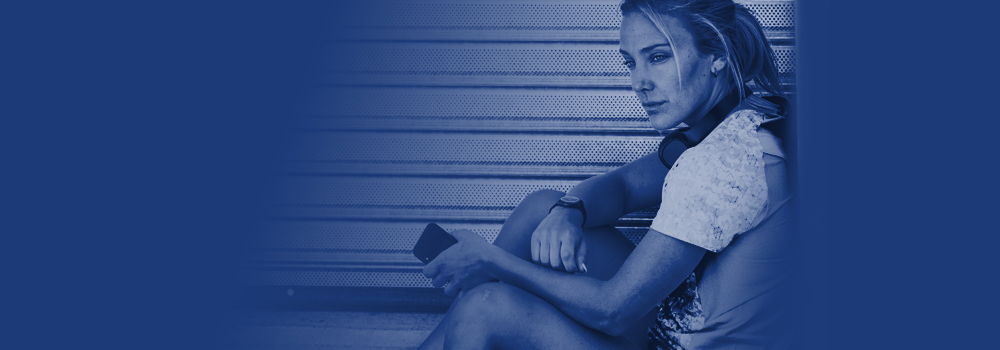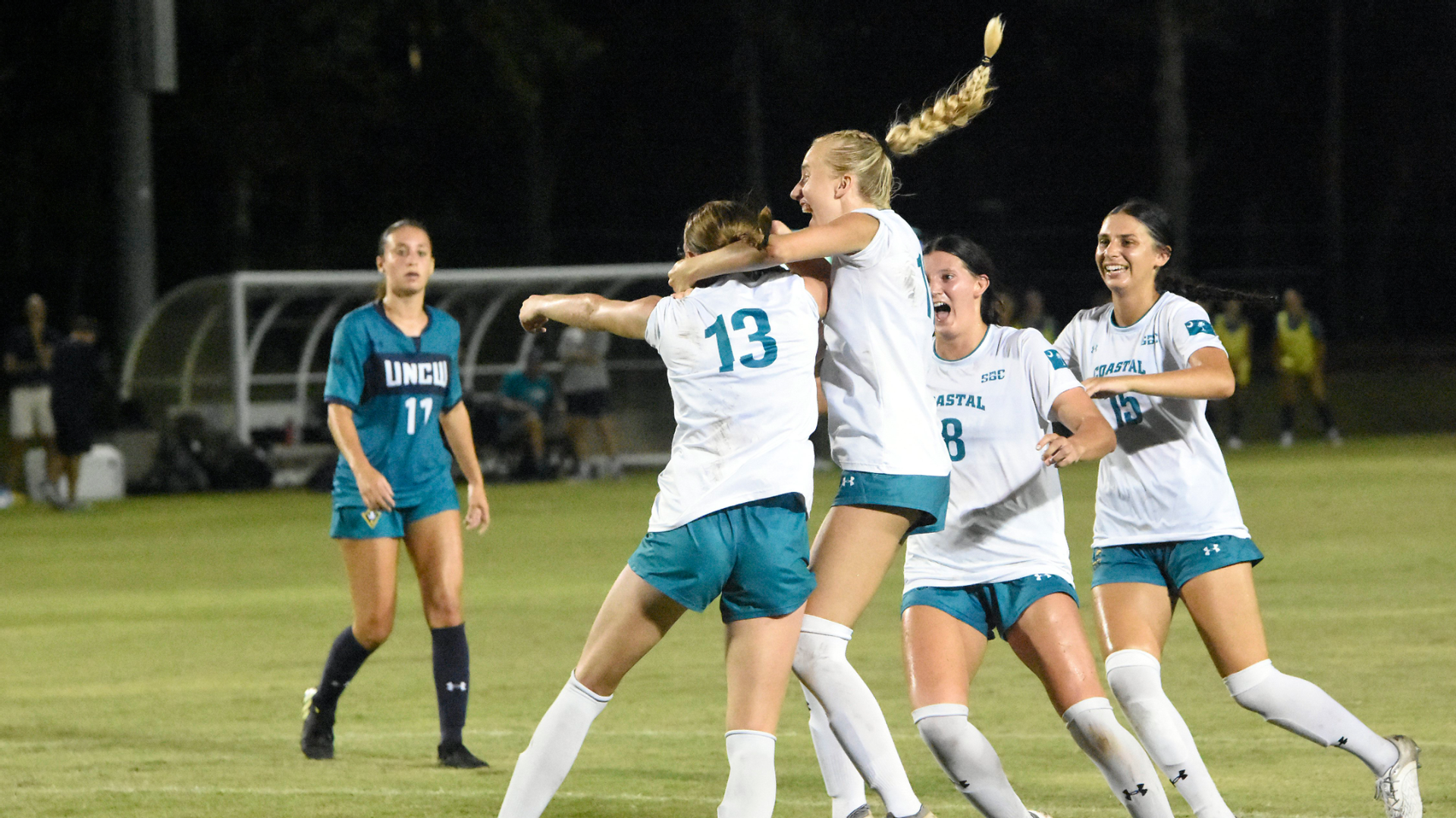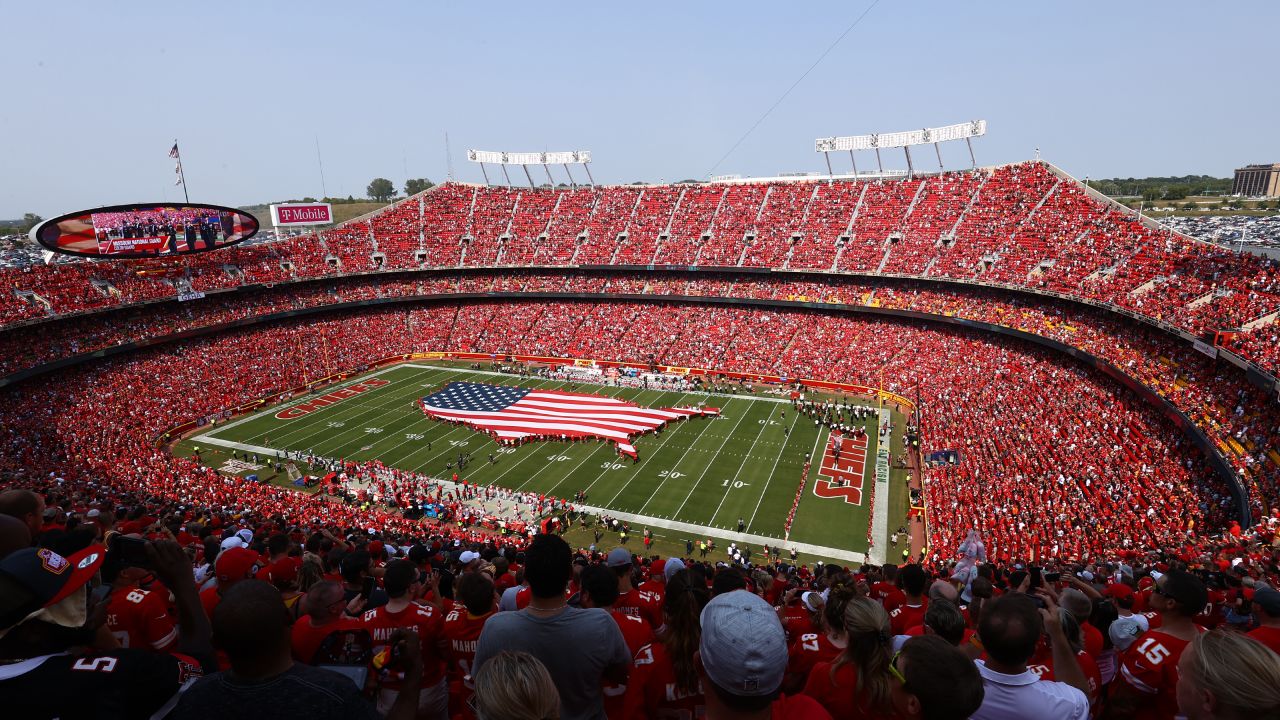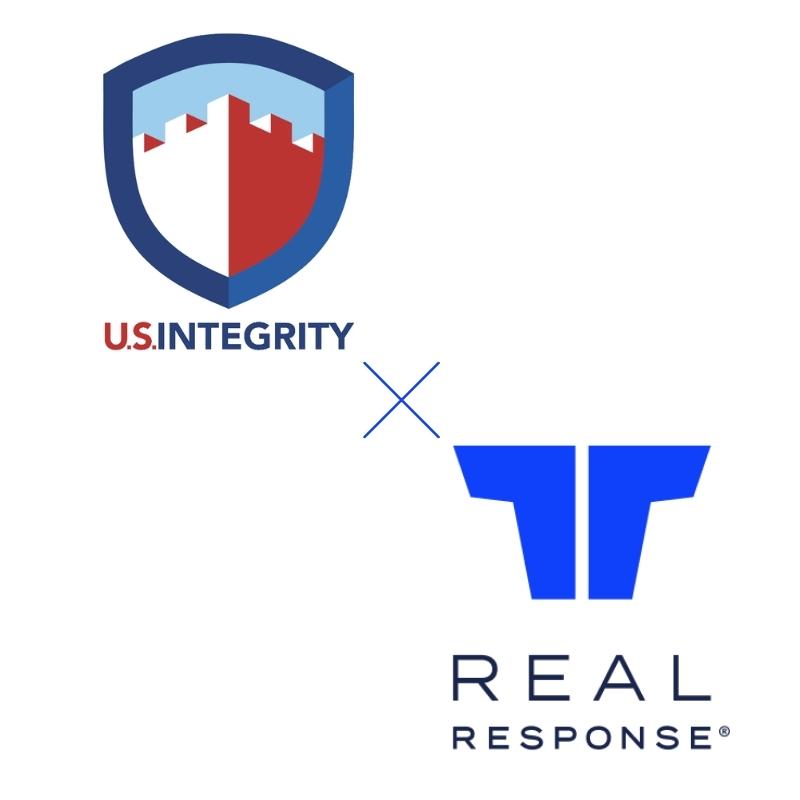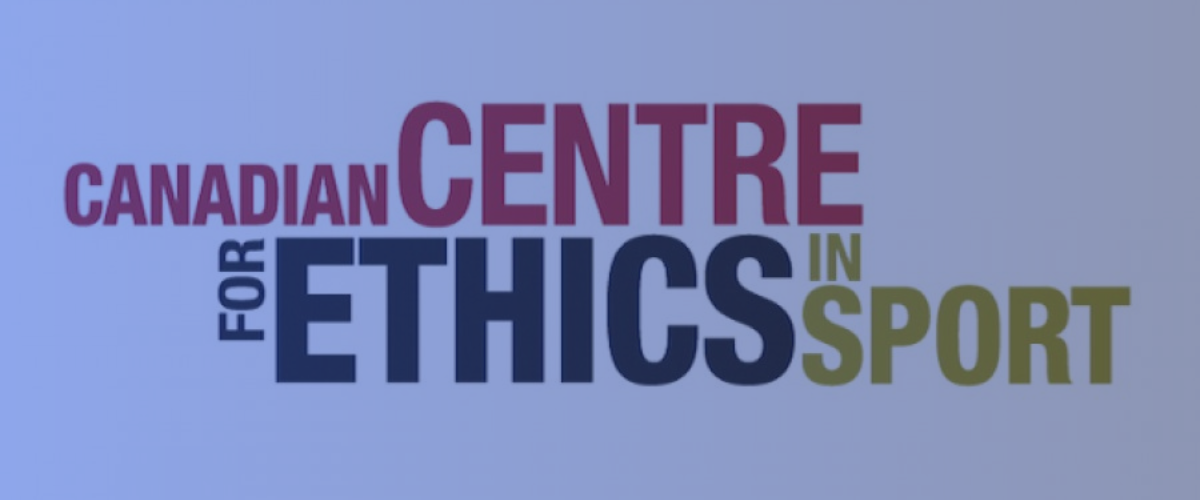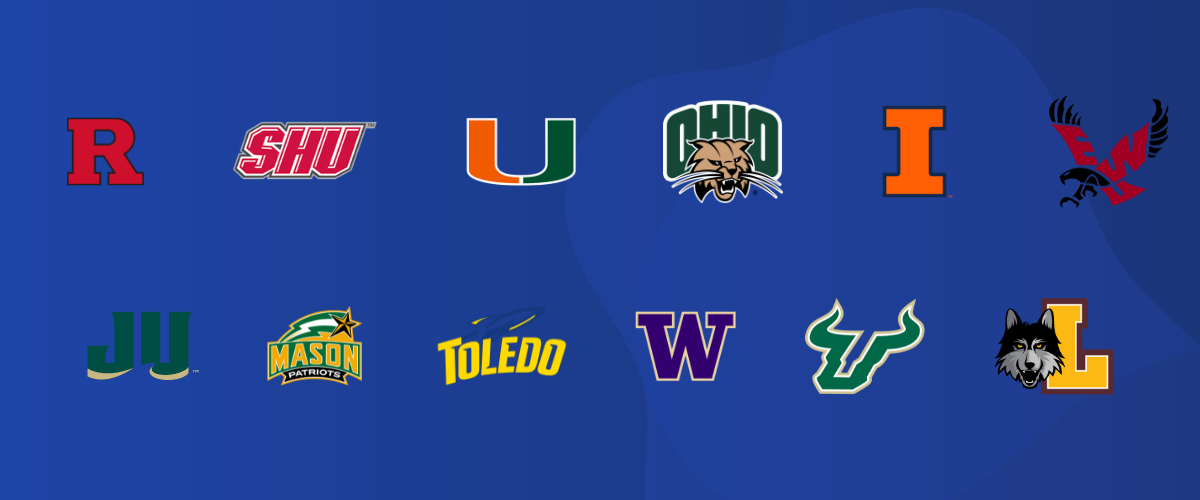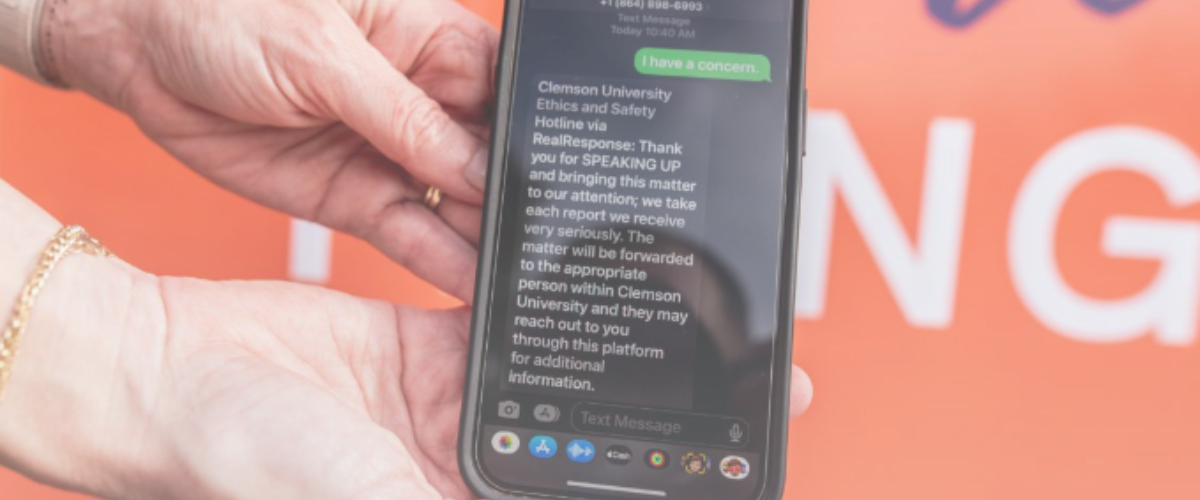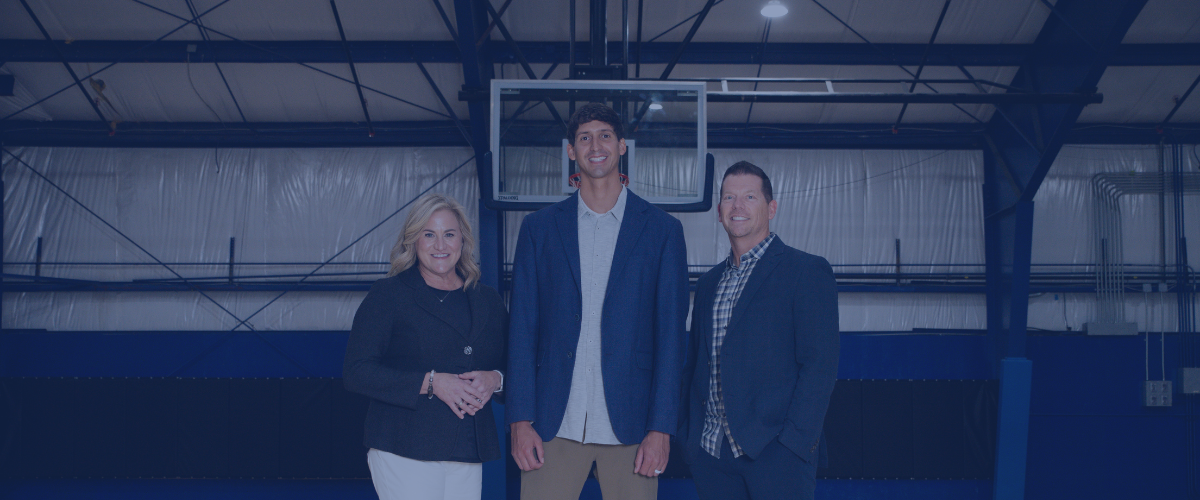Student-athletes are more likely to experience stress and anxiety than their non-athlete peers, but less likely to seek help. Make sure you’re giving your athletes a safe space to be heard.
College students have a lot on their plate: In an average week, they can be worrying about academics, a job, finances, social pressures, and more. Student-athletes have to deal with all the typical stressors of college student life, plus a unique set of demands specific to being an athlete. This can include balancing academics with travel, increased practice time during their season, relationship issues with coaches and teammates, exhaustion, physical injuries, and performance-related concerns. It can be a lot—and RealResponse can help.
Mental health and the student-athlete
According to the NCAA GOALS Study of the Student-Athlete Experience, college campuses have seen an increase in the number of students experiencing anxiety and depression and 30% of student-athletes self-report feeling intractably overwhelmed in the past month. And according to research funded by the Pac-12, over 50% of student-athletes also reported that their stress and anxiety levels were greater than a 7 out of 10.
We know student-athletes are stressed. But according to Athletes for Hope, only 10% of student athletes who experience mental health issues will seek help. How can athletic departments help if athletes aren’t ready or willing to admit they’re overwhelmed? That’s where RealResponse comes in.
What we hear from students
Students have consistently used RealResponse as a safe space to come forward and express serious mental health concerns to their administrators. They’re able to seek help and see what resources are available to them, all while staying anonymous if desired.
Some examples of mental health issues that come through to athletic departments include:
- Feelings of depression and isolation during the COVID-19 crisis.
- Questions about opting out of a competition season due to mental health.
- Violations of NCAA practice hour limits, which puts a strain on mental health.
- Individuals making light or poking fun at teammates’ mental health issues.
- Anxiety over health and safety when returning to campus during COVID.
Real ways RealResponse can help
Each of RealResponse’s products can be tailored to help student-athletes dealing with mental health concerns. First, our surveys: Institutions traditionally send out end-of-year surveys, but our survey feature can also be used to write an assessment tailored to mental health. A survey shows the athletic department is listening, and ready to make changes based on team responses. Some example questions that schools have used include questions about whether students feel comfortable opening up about stress, if they have an athletics team member they know they can turn to for mental health resources, and how easy (or hard) it is to access mental health support on campus.
RealResponse’s Real-Time Reporting provides students an anonymous, safe space to start finding help immediately. Real-time Reporting allows administration to meet and help the athlete where they are comfortable, since it’s an anonymous messaging platform. Athletic administrators can have a back-and-forth anonymous communication with the athlete and connect them with proper people or resources.
Former athletic director at Fordham, Colgate, and Brown Universities, David Roach, has first-hand experience with averting a crisis using Real-Time Reporting. “We had a student athlete text and say, ‘In our locker room today, I heard one of my teammates say something that could really hurt them, and was a mental health issue,” says Roach. “We were able to right away reach out to the person who reported it, get the information, and we were able to help the particular student athlete. We averted, what I would say, was a very serious situation.”
Finally, our Documentation Repository serves as a digital archive to document all communication and actions taken to provide resources to student-athletes in need. This protects the athlete, the administration, and school. Our digital repository removes the clutter of pen/paper notes, scattered emails, and text messages. It centralizes the documentation for how athletic departments are managing and responding to student-athletes in need. And it enables institutions to pull reports on mental health reporting, to see team trends or changes year-over-year.
Student-athletes have a lot on their plate, and are bound to be stressed out at some point in their college career. But if that stress and anxiety turns into a bigger mental health issue, it’s imperative that they have a safe space to seek help, on their own terms. RealResponse can be the connection between your student-athletes and life-changing support.
